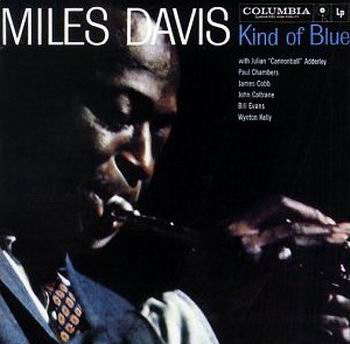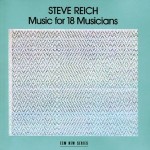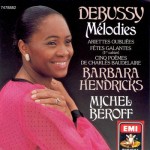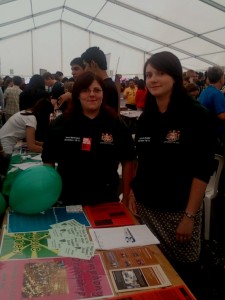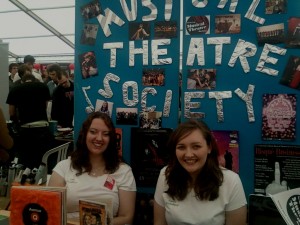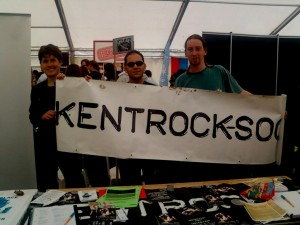A post on music blog Classical Iconoclast entitled ‘Mahler for Morons’ posed the question a while back – is there such a thing as a definitive recording of a Mahler symphony ? This set me thinking: can there ever be a definite recording of any classical piece ?

Scholarship and performance practice are ever-changing, and what seemed appropriate sixty or seventy years ago may no longer be seen as such.
Composers who conduct their own works, like Stravinsky or Britten, might be thought to create an authoritative recording by virtue of the fact that they are realising their own compositions. Stravinsky made several recordings, but each is different from the other: even composers, it seems, change their minds about their own pieces.
The portamento-riddled orchestral recordings at the start of the twentieth century now seem dreadful; tastes in the expressive nature of orchestral playing have changed. Even the instruments of the orchestra evolve; the change from gut- to steel-strung instruments offering broader possibilities. Tempi have become faster; the funereal Furtwangler has been replaced by the white-knuckle ride of Gardiner or Norrington.
Voices change too, singing styles fall in and out of favour – the thick, fruity tones of Joan Sutherland, the ethereal purity of Emma Kirkby or the light-footed coloratura of Cecilia Bartoli all moving in and out of favour.
The drive for authenticity or an historically-informed approach sees the forces used in Renaissance and Baroque music especially being condensed; one-to-a-part choruses in the Bach Passion settings or Tallis masses, single-player performances of Baroque concerti. The drive for historically-informed performance has reached its tendrils even into early twentieth-century works by Elgar – it’s a monster that looms ever closer on the tail of contemporary music.
It seems unlikely, then, that there can ever be a definitve edition or an authoritative recording of a classical work; as scholarship moves forward, as performance practice changes and attitudes towards playing styles evolve, realisations of pieces also change.
Perhaps, though, that’s a good thing.

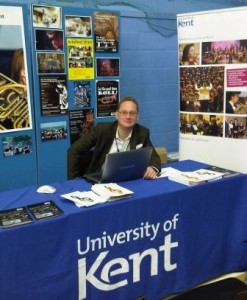
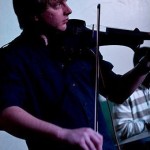
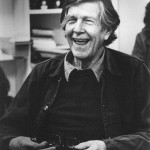
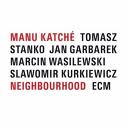 Drummer-turned-leader Manu Katché’s Neighbourhood displays a quite awe-inspiring line-up of jazz legends (a factor so significant that the album cover is simply a list of players on the recording, which shows you the stature afforded the musicians); trumpeter Tomasz Stanko, saxophonist Jan Garbarek, with pianist Marcin Wasilewski and bassist Slawomir Kurkiewicz from Stanko’s own quartet, not to mention Katché himself.
Drummer-turned-leader Manu Katché’s Neighbourhood displays a quite awe-inspiring line-up of jazz legends (a factor so significant that the album cover is simply a list of players on the recording, which shows you the stature afforded the musicians); trumpeter Tomasz Stanko, saxophonist Jan Garbarek, with pianist Marcin Wasilewski and bassist Slawomir Kurkiewicz from Stanko’s own quartet, not to mention Katché himself.